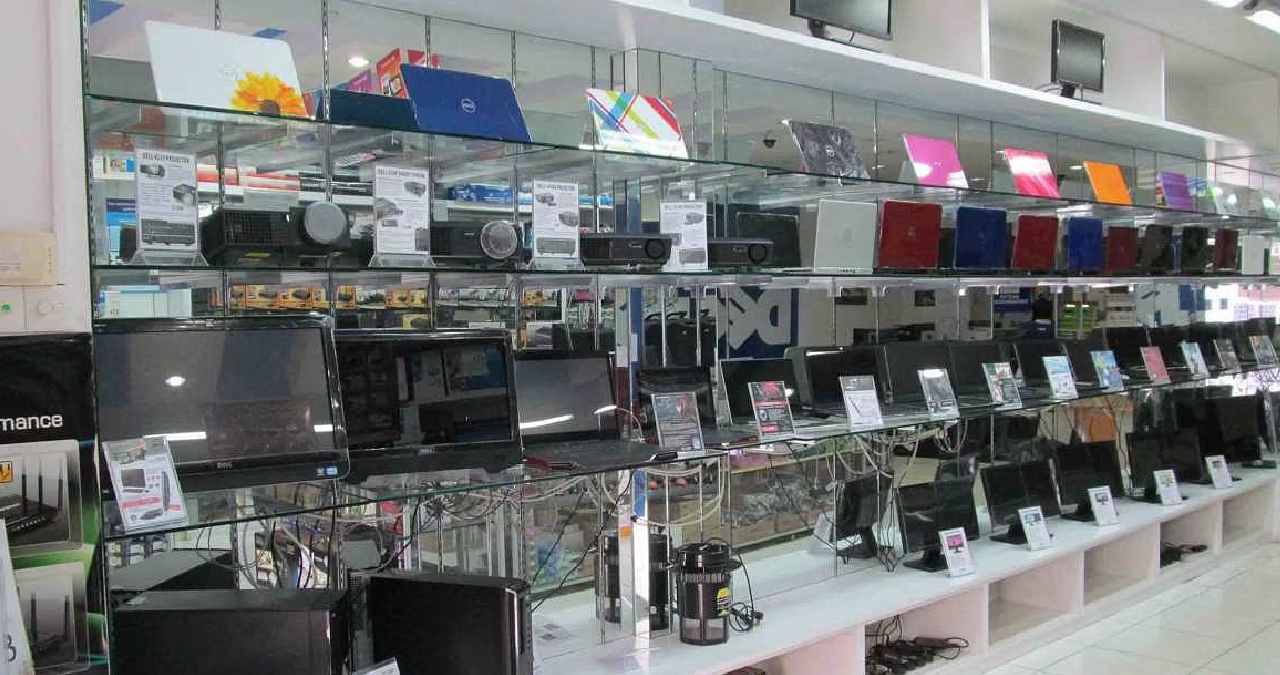New Delhi: In a significant policy shift, the Indian government has decided to abandon its proposed licensing requirements for the import of IT hardware products, including laptops, tablets, and servers. This move comes as a relief to global tech giants like Dell, HP, Apple, Samsung, and Asus. Instead of stringent licensing, India is now set to regulate incoming shipments of these products through a comprehensive import management system, initially placing no immediate restrictions on imports.
As per the latest updates, effective November 1, companies looking to import IT hardware will be required to register on the newly established import management system. This system is intended to streamline the import process while ensuring traceability and control over these essential tech products.
Phased implementation
To ease the transition, the government plans to implement an import authorization mechanism within six to eight months. This mechanism will grant import quotas to firms based on specific criteria, including the import value of the previous year or an average of the past three years for IT products, domestic manufacturing of IT hardware devices, and exports of electronics goods.
Sunset clause and industry collaboration
Looking ahead, the government is also contemplating the introduction of a sunset clause by 2030, further emphasizing its commitment to evolving regulations. The IT hardware industry has been actively engaged in discussions with government officials to refine the import management rules. Key players, including Dell, Apple, Samsung, HP, HPE, Intel, Asus, Acer, and industry associations, have participated in these deliberations.
To facilitate the implementation of the new system, the hardware industry is collaborating with the Directorate General of Foreign Trade (DGFT) to finalize registration modalities. The import management system, to be overseen by the DGFT, will operate entirely online, ensuring transparency and efficiency.
Fostering ease of doing business
The government’s primary focus remains on promoting ease of doing business and streamlining processes within the IT hardware sector. The revised approach seeks to strike a balance between facilitating imports and bolstering domestic production.
Reducing dependence on imports
In alignment with its long-term vision, the government aims to meet up to 70% of the country’s IT hardware requirements through local production within the next three years. This strategic objective aims to reduce India’s dependence on imports from non-trusted sources, contributing to enhanced self-sufficiency and security.
Background and recent developments
Initially, citing security concerns, the DGFT had announced the inclusion of certain IT hardware products under the restricted category, necessitating licenses for imports. Following industry pushback, the government extended the timeline to November 1, 2023. Consequently, IT hardware imports experienced a substantial surge of up to 50% in August, driven by concerns of potential supply shortages due to impending restrictions.
As the Indian IT hardware industry adapts to these evolving regulations, it seeks to strike a balance between ensuring a seamless supply chain and promoting domestic manufacturing—a delicate dance that will shape the industry’s future landscape.













